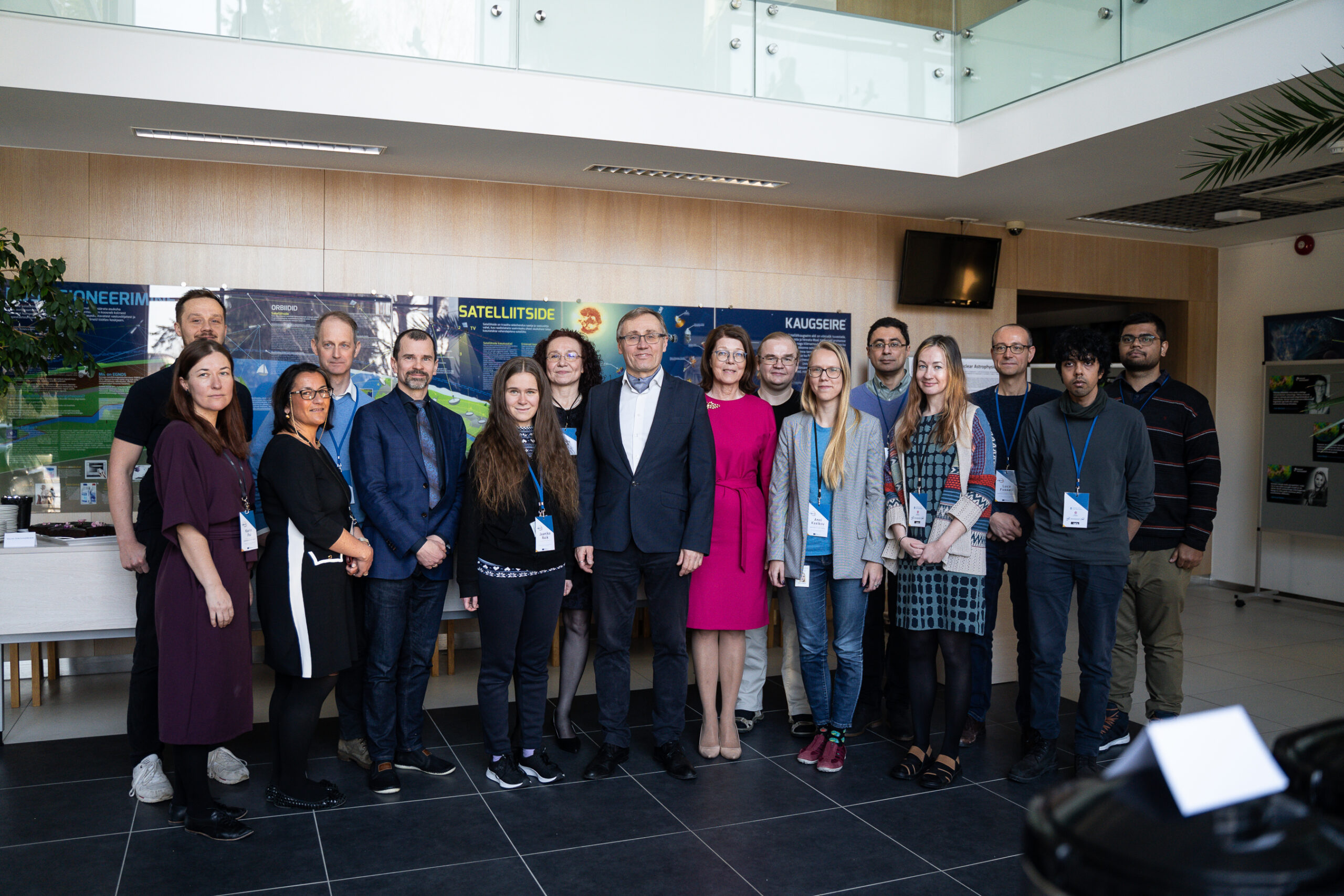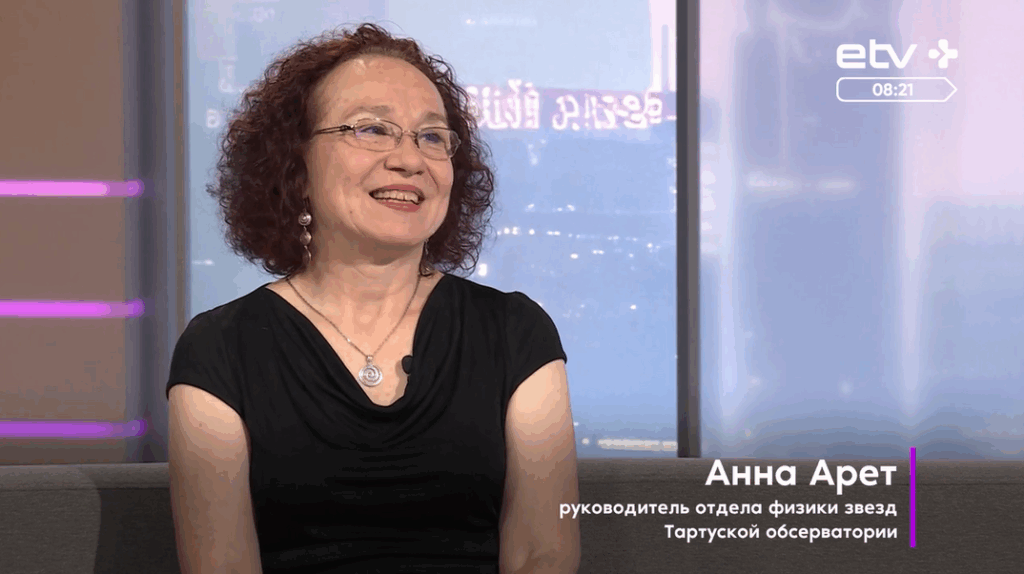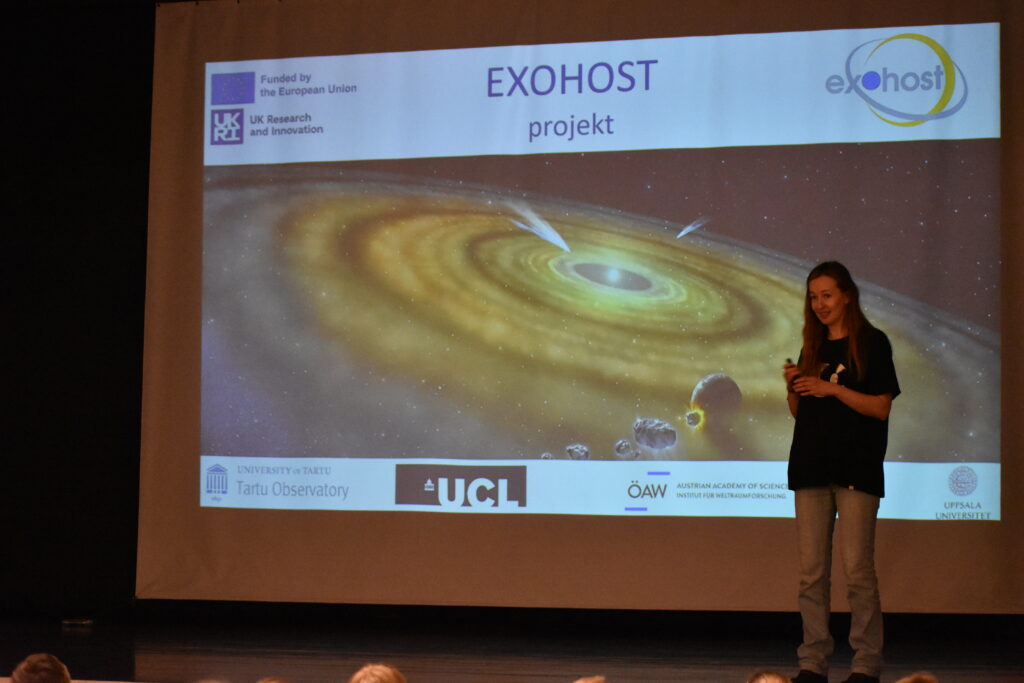(External link) / 21.02.2023
The kick-off meeting of the EXOHOST Twinning project took place in Tõravere on 14-15 February. Tartu Observatory of the University of Tartu, the leader of the consortium, hosted project partners from Sweden, Austria, and England. During the two days, participants determined the objectives of the project and agreed on the next steps.

This stellar physics project will focus on planetary systems around other stars – exoplanets, and on characterising stars with protoplanetary disks. “Exoplanets are being discovered all the time,” said Mihkel Kama in his presentation, “so, at the moment, the main focus is on exoplanets, and the properties of host stars are taking a back seat.” However, the spectroscopy of host stars is crucial for the discovery and in-depth study of exoplanets, including understanding the chemical diversity of exoplanets and the processes that lead to the formation of star–planet systems.
The EXOHOST project aims to increase the international visibility of the University of Tartu and that it becomes an independent Eastern European leader in the characterisation of exoplanetary parent stars. To this end, Tartu Observatory will not only acquire modern research methods and tools but will also learn about modern management culture and research practices.
In turn, the project partners will gain access to the telescopes of Tartu Observatory. The teams from the partner institutions will have the opportunity to strengthen their links with each other, to carry out cross-training, and to conduct joint research. The plan is to organise lecture series, seminars, one-to-one or small group trainings, and research meetings.
 EXOHOST will run until the end of 2025 with a budget of €1.5 million. The project is funded by the European Commission Horizon Europe Programme with the support of UK Research and Innovation. The University of Tartu’s partners within EXOHOST are University College London, Uppsala University, and the Austrian Academy of Sciences.
EXOHOST will run until the end of 2025 with a budget of €1.5 million. The project is funded by the European Commission Horizon Europe Programme with the support of UK Research and Innovation. The University of Tartu’s partners within EXOHOST are University College London, Uppsala University, and the Austrian Academy of Sciences.
Photos by Marja-Liisa Plats



